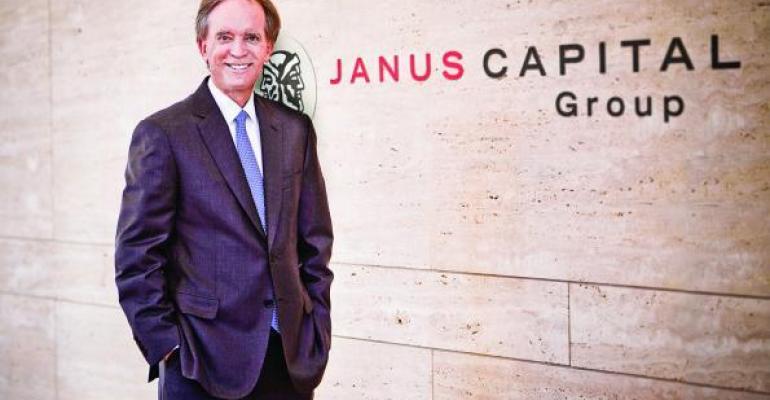By Jennifer Ablan
NEW YORK, June 13 (Reuters) - Bond investor Bill Gross warned on Tuesday that investors should reduce their risk appetite, given the U.S. growth rate is stunted by secular forces "which monetary and even future fiscal policies seem unable to reverse."
In his June investment outlook letter, Gross of Janus Henderson said: "Strategies involving risk reduction should ultimately outperform 'faux' surefire winners generated by central bank printing of money.
"It’s the real economy that counts and global real economic growth is and should continue to be below par," said Gross, who runs the $2.1 billion Janus Henderson Global Unconstrained Bond Fund.
Gross has repeatedly said investors should not be tempted to buy high-flying equities and corporate bonds, given the possibility U.S. President Donald Trump may fail to enact policies to fuel growth of between 3 percent and 4 percent.
Last month, Commerce Secretary Wilbur Ross told Reuters the U.S. economy would fall short of the Trump administration's goal of 3 percent growth this year and would only achieve that rate when its regulatory, tax, trade and energy policies were fully in place.
"Capitalism’s arteries are now clogged or even blocked by secular forces which when combined with low/negative yielding 'safe' assets promise to stunt U.S. and global growth far below historical norms," Gross said.
Gross said so-called zombie corporations that need bailouts to survive are being kept alive as opposed to destroyed and standard business models forming capitalism’s foundation - such as insurance companies, pension funds, and banking - are threatened by the low yields that have in turn, produced high asset prices.
"These sectors in fact, have long-term maturities and durations of their liabilities, and their assets have not risen enough to cover prior guarantees, so we see Puerto Rico, Detroit, and perhaps Illinois in future years defaulting in one way or the other on their promises to constituents," he said. "Faulty finance-based capitalism supported by the increasingly destructive monetary policy begins to erode, not support the real economy."
Overall, instead of making money by investing in the real economy, savers/investors increasingly are steered towards making money in the financial economy, Gross said.
But "'making money with money' is seriously threatened. How soon this takes place is of course the investor’s dilemma, and the policymakers’ conundrum. But don’t be mesmerized by the blue skies created by central bank QE (Quantitative Easing) and near perpetually low interest rates. All markets are increasingly at risk." (Reporting By Jennifer Ablan; Editing by Andrew Hay)






